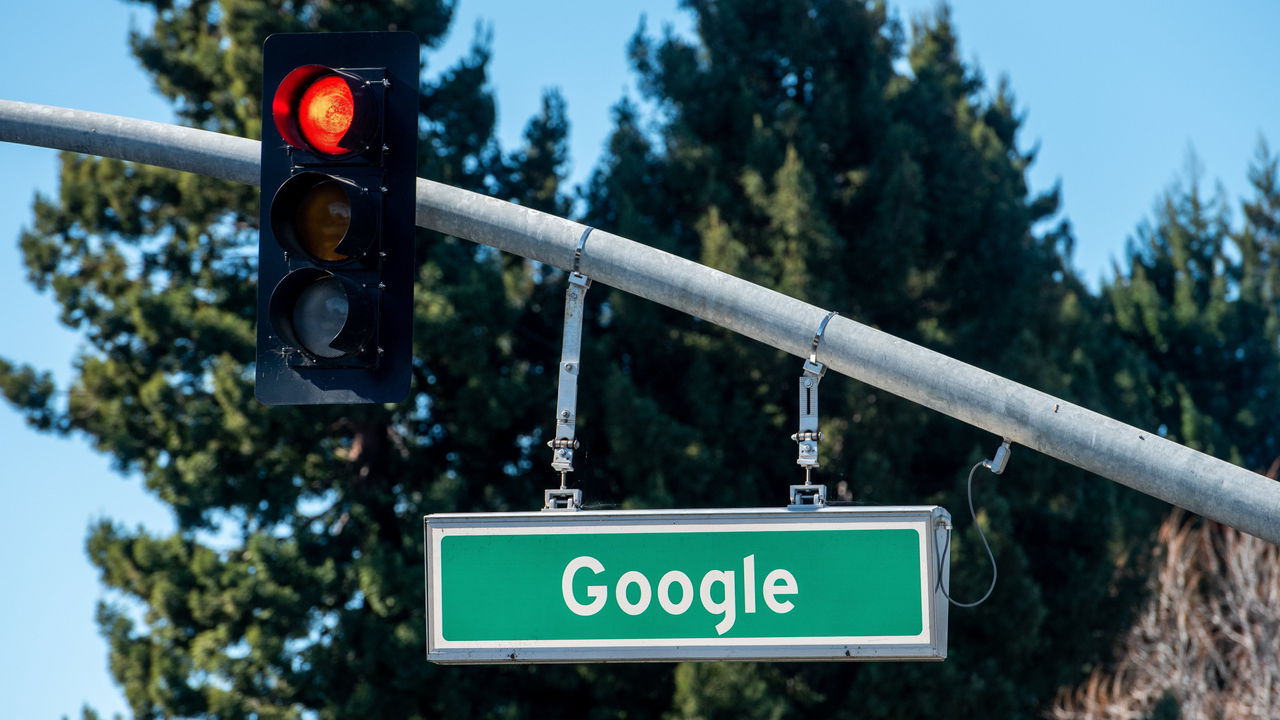
Amid the 286-page judgment, issued after nearly four years of trial proceedings and petabytes of evidence, four words stand out. “Google is a monopolist,” wrote Amit Mehta, the judge of a district court in America, adding that “it has acted as one.” His ruling, handed down on August 5th, could lead to big changes for the multi-billion-dollar search market—and for the wider tech industry.
Google handles around 90% of search queries in America (including 95% of those on mobile phones), forming the foundation of the world’s largest advertising business. People use it partly because it is good at finding things, but also because it is usually the default search engine on their phone or browser. Google maintains this position by paying colossal sums to phone-makers and browser-developers. In 2021 these payments came to $26bn, the trial revealed.
Google’s rivals, backed by America’s Department of Justice (DOJ), have long complained that such deals give the company a stranglehold on search. They make it hard for competitors to reach new users (why navigate to another search engine when you can type a query directly into your browser’s address bar?). They also entrench Google’s superior performance, by sending it billions of search queries a day that train its algorithms to be even better. Mr Mehta’s ruling finds that these deals are indeed in breach of antitrust law.
The case is a victory for American regulators in their long-running crusade against big tech. The DOJ, which has also sued Apple, has a second case against Google, concerning its advertising business, which is due to start next month. The Federal Trade Commission, another trustbusting watchdog, has filed claims against Meta and Amazon. The DOJ’s victory over Google was hailed by pundits as the most important verdict in tech regulation since Microsoft was found guilty of monopolistic practices in 2001.
Markets were less fussed: the share price of Alphabet, Google’s parent company, fell by only about 2% on the news. Investors are right to withhold judgment, for two things are uncertain. First, Google will appeal, which could take years. Second, the court has yet to propose remedies to the problem it has identified. Most observers think a big structural prescription, such as separating Google’s Android operating-system from the rest of the company, is unlikely. Another potential remedy would be to force Google to share its search data with rivals, to help them train their own algorithms. But this would be tricky: as well as raising privacy concerns (now even more companies will know your search history) it would require ongoing monitoring, something courts try to avoid.
Perhaps most likely is that Google will be banned from paying for the right to be the default search engine on platforms like the iPhone. Consumers could instead be presented with a choice of search tools. Something similar already happens in the European Union, where Google was ordered to offer consumers a choice over their default search engine on Android phones in 2018 (Apple has recently been forced to do the same with browsers on its iPhones). So far, it seems that consumers faced with these choices mostly opt for brands they already know. Google’s share of search requests in the EU had not budged by 2021, according to Search Engine Land, a news site.
If Google were forced to end the arrangements in question, the main immediate loser might be Apple. Google pays it around $20bn a year to be the iPhone’s default search engine, the trial revealed. That is equivalent to 18% of Apple’s operating profit last year. Banning such deals would deprive Apple of a big chunk of cash. Most consumers might stick with Google anyway.
The effects in the long term, though, may be worse for Google. So far Apple has had little commercial motive to launch a search engine of its own, as Mr Mehta noted in his ruling: doing so would take away the profit Google hands it every year. If that cosy arrangement were banned, Apple would have a much bigger incentive to pursue the iPhone search business for itself—along with the advertising revenue that would come with it. In recent years it has started building an ad business around its app store; media analysts expect to see ads soon on its streaming service, Apple TV+. Search would be a tempting addition.
Consumers prompted by their browser or phone to rethink their search engine might also be more willing than in the past to try out intriguing new formats powered by artificial intelligence (AI). Search engines that use the technology, such as Perplexity, claim to offer better results than Google. On July 25th OpenAI, the maker of ChatGPT, launched SearchGPT, its own AI-powered search engine. Apple is also leaning heavily into AI-based alternatives. Siri, its dimwitted voice assistant, currently functions as little more than a glorified egg-timer. But in the next few months it is due to get an AI-powered makeover designed to help users with the kinds of tasks for which they might previously have scoured the web. In time, innovative new ways of accessing the world’s information may disrupt Google’s business in ways trustbusters could only dream of. ■
















